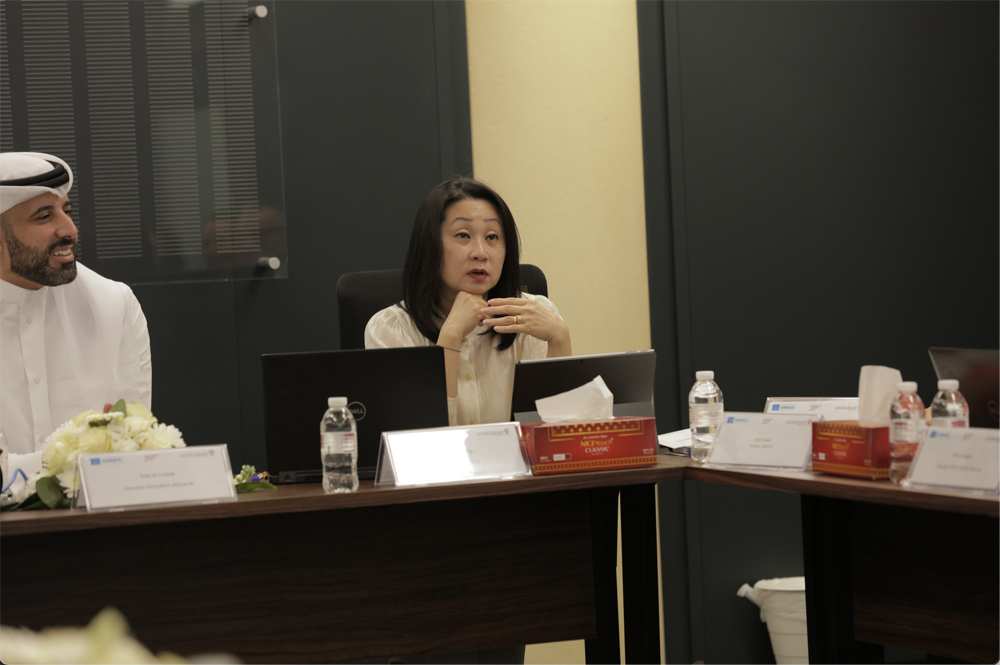The Education Above All (EAA) Foundation, Ministry of Education and Higher Education (MoEHE), and Unesco recently collaborated to announce an orientation workshop for the Unesco Qualifications Passport (UQP) in Doha, Qatar. This initiative aims to provide access to tertiary and higher education for refugees and vulnerable migrants to promote their inclusion and integration. The UQP is a universal tool for recognizing prior learning, ensuring the right to access higher education for forcibly displaced youth within the framework of Sustainable Development Goal 4.
In 2019, Unesco launched the UQP initiative to support the inclusion of forcibly displaced youth in tertiary and higher education, building on the success of the European Qualifications Passport for Refugees (EQPR) by the Council of Europe. The lack of documentation and conducive policy environment are significant barriers faced by refugee youth in accessing higher education, with only seven percent currently having access. The UQP aims to transform national higher education systems to support further learning and employment opportunities for vulnerable youth affected by crises.
Qatar has played a crucial role in co-leading with Unesco to address educational challenges for refugees and vulnerable migrants. The partnership emphasizes Qatar’s commitment to promoting the Unesco Qualifications Passport and facilitating the integration of displaced individuals into higher education systems globally. The recent workshop convened top policymakers, international experts, academic institutions, and professional organizations to discuss the UQP’s recognition methodology and promising practices implemented in Europe and Africa.
The workshop was moderated by Dr. Amir Dhia, Technical Manager of Higher Education at the EAA Foundation, and featured international speakers from Unesco, the Council of Europe, Enic-Naric Office, Zambia Qualifications Authority, and the Ministry of Home Affairs and Internal Security of Zambia. Welcome and opening remarks were made by officials from the Ministry of Education and Higher Education, the Education Above All Foundation, and the Unesco Doha Office. The sessions at the workshop explored the scope, implementation, and international impact of the Unesco Qualifications Passport initiative.
Talal Al Hothal, Director of the Al Fakhoora Programme at Education Above All Foundation, highlighted the importance of education as a catalyst for change and empowerment, emphasizing the commitment to enhancing educational opportunities for individuals in crisis situations through initiatives like the Unesco Qualifications Passport. Dr. Hareb Aljabri, Acting Assistant Undersecretary for Education and Higher Education Affairs at the Ministry of Education and Higher Education of Qatar, emphasized the importance of the UQP initiative in ensuring the smooth integration of refugees and immigrants into higher education.
Salah Khaled, the Director of the Unesco Doha Office, stressed the global challenges faced by crisis-affected youth in accessing higher education and the vision behind the Unesco Qualifications Passport initiative. By partnering with the State of Qatar and Education Above All Foundation, Unesco aims to empower forcibly displaced persons to positively contribute to inclusive and sustainable development. Through initiatives like the UQP, stakeholders are working towards achieving the SDG4 goal of providing quality education for all by 2030.











